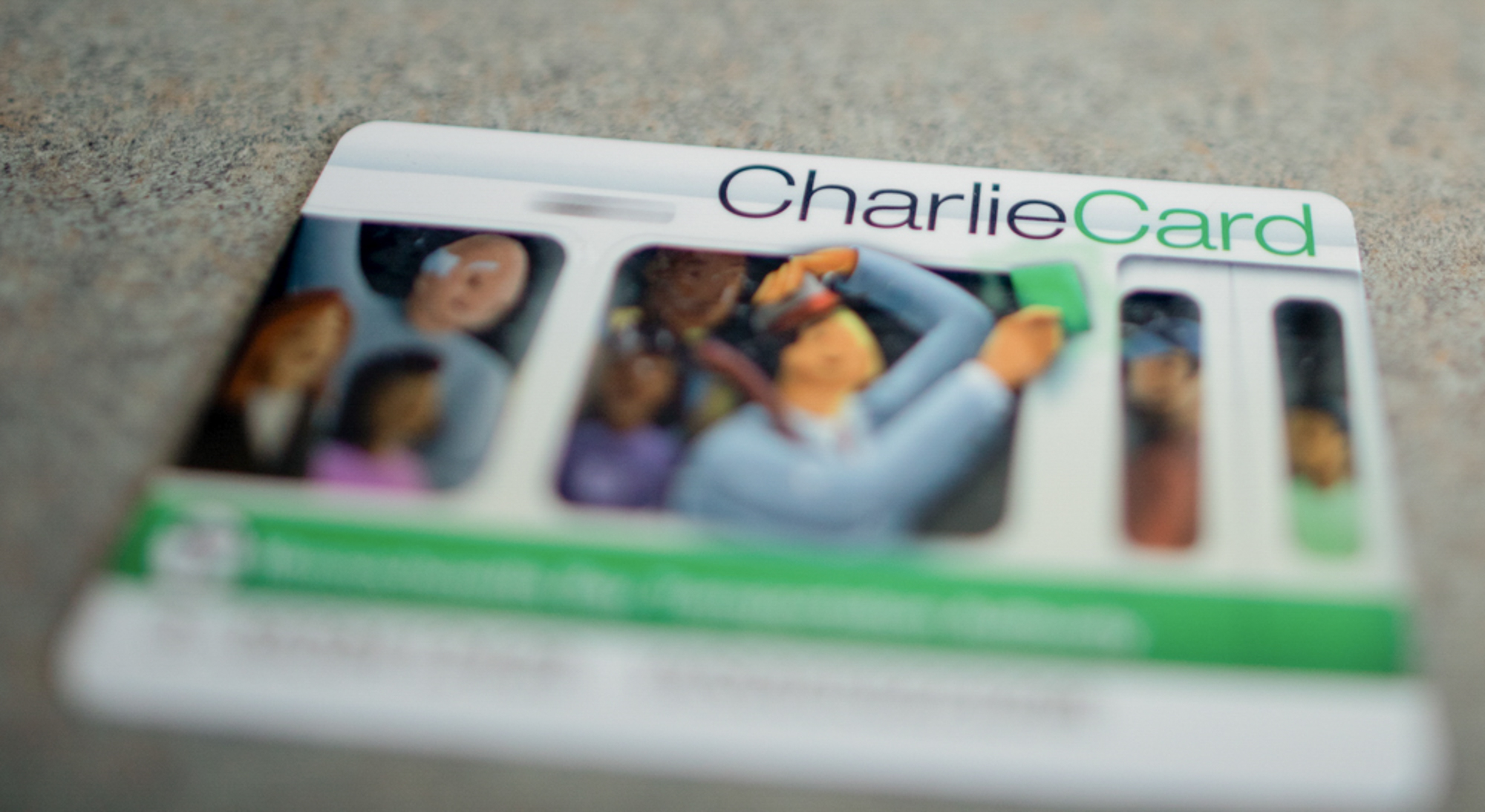Applications will open this summer for the MBTA’s new reduced fare program, approved on March 28, that aims to “close the remaining gap” between the already existing reduced-fare programs for Boston’s youth and seniors.

The new program will allow adults ages 26–64 who meet the Income-Eligible Reduced Fare Program requirements to have their CharlieCards loaded with reduced one-way MBTA passes at roughly 50%, $10 weekly passes or $30 monthly passes.
“This program, which has been a topic of research and planning by the MBTA and many partners for the last decade, is an exciting improvement for fare equity,” the MBTA wrote in a press release.
The Youth Pass Program already offers reduced fares to low-income adults ages 18–25, and people 65 and older are eligible for reduced fares with a Senior CharlieCard.
The Youth Pass and Senior CharlieCard programs offer the same reduced fares as the new income-eligible program, according to the MBTA website.
The Youth Pass was the only program that evaluated income that existed before the new Income-Eligible program.
Rudy Joseph, a Boston University student and the president of FLIP, a student organization that stands for “First-Generation and/or Low Income Partnership,” said he qualified for a Youth Pass. He said the process of getting one can be “quite difficult” for some people because it requires them to be enrolled in another government program such as MassHealth or SNAP.
“At the collegiate level, it’s a little bit harder [to get a Youth Pass] until you formally live off campus, and you’re not affiliated with the university,” Joseph said.
Lisa Battiston, deputy press secretary for the MBTA, said the MBTA also works with universities to provide 11% discounts to students through the Semester Pass Program, which schools may choose to offer to full-time or part-time students.
Joseph said for students living in dorms who may experience difficulty attaining a Youth Pass, “that’s kind of the only option that they have.”
The MBTA is also launching a University Pass Program, a two-year pilot program which would allow universities to provide unlimited MBTA travel to students with usage-based pricing, according to the MBTA website.
Transportation secretary and CEO Monica Tibbits-Nutt also added a last-minute amendment to the program before the vote that extended the discount on fares to the RIDE, the MBTA’s paratransit service, according to the Commonwealth Beacon.
“Expanding low-income fares will help to ensure that our transportation system is more equitable and more affordable, which supports the mission to give everyone greater access to mobility options, especially community members depending on transit,” Tibbits-Nutt said in a statement.
Katarina Torres Radisic, community organizer at the Boston Center for Independent Living and facilitator for Riders Transportation Access Group, said the passing of the low-income program, particularly the RIDE measure, “was a huge win for our community” and something RTAG advocated for.
“We were making it clear that paratransit issues such as low capacity due to driver shortages and poor on-time performance weren’t going to be excuses for marginalizing a group of low-income riders,” Torres Radisic said.
Samuel Paster, a RIDE committee member at RTAG, said since he uses a wheelchair, he regularly uses the RIDE to go to doctors appointments and social events.
“I think [the reduced charges are] great because it saves us money and helps people out who can’t afford the RIDE,” Paster said.
The MBTA currently provides a Transportation Access Pass, which provides 50% off fares for riders with disabilities and Medicare cardholders, according to the MBTA website. Torres Radisic said the reduced RIDE fares create “a more accessible system for everyone,” even if people with disabilities have TAP passes already.
“Low-income fares didn’t necessarily target just a disability population, but showing up and ensuring that a population of people using our paratransit service, which is for people with disabilities, [shows] we’re not going to be marginalized,” Torres Radisic said.






















































































































